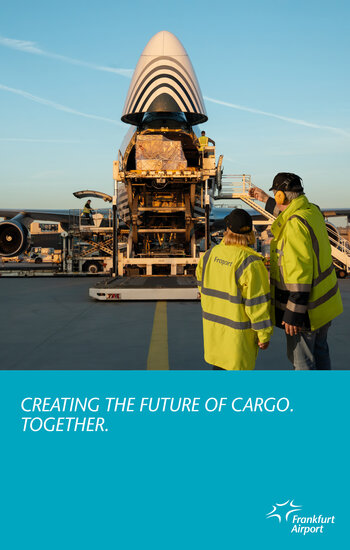Washington’s Department of Transport (DoT) has taken steps to withdraw antitrust immunity from the aviation alliance of SkyTeam members: Delta Air Lines and Aeroméxico. In a first reaction, Mexican policymakers speak of a “direct attack on the existing and long-proven trade partnership in the cross-border aviation market,” should DoT’s plans be executed and implemented in OCT25.
A state of shock, paralyzing management, is almost a belittling picture to describe the reaction of those responsible at Aeroméxico after DoT announced that it would execute its regulatory maneuver. Should the Delta-Aeroméxico alliance ultimately be crashed, the Mexican flag carrier’s business will be crippled, since the USA are its most important aviation market, both in passenger and cargo traffic.

Violating ATC accord
Market observers believe that Washington’s intended move is the latest step in a growing frustration over a series of actions by the Mexican government that, according to DoT, violate the spirit of the bilateral Air Transport Agreement signed in 2015. In blunt statements, Transportation Secretary, Sean P. Duffy asserted that the era of complacency is over, noting that the previous transportation administration “deliberately allowed Mexico to break our bilateral aviation agreement. That ends now.” The move catapults a dispute over airport slots and traffic rights on a geopolitical level, with the Delta-Aeroméxico alliance as the main target.
The Air Transport Convention of 2015 terminated decades of protectionism with governments defining which routes U.S. carriers and their Mexican peers are allowed to serve between both countries, how often they wish. Particularly in the case of Aeromèxico, the rulers in Ciudad de Mexico wanted to shield their flag carrier from the dominant competition of U.S. airlines, thus securing its survival.
This ended when the ATC was signed in 2015, eliminating state interference in the commercial decisions of airlines, leaving it up to the market to define fares and routing decisions. Since then, the time when traffic volumes between Mexico and the U.S. could be limited by governments, was over.
Slot cuts
But now Washington’s aviation watchdogs are accusing the Mexican side of repeatedly violating the ATC treaty by cutting movements at the country’s main gateway, Aeropuerto International Ciudad de Mexico (AICM), from 61 per hour to 52 and shortly after to 43. The traffic restrictions at the central airport were preceded by the opening of the Aeropuerto Internacional Felipe Ángeles (AIFA) on 21MAR22. It is located around 35 kilometers north of Mexico City’s city center. Mexico justified the cuts with “essential and urgent construction works” at AICM, to ensure safe operations. However, DoT qualifies this reason as an “excuse” and argues that, three years later, the promised infrastructure updates have not materialized and the measure was arbitrary.
The fact is that the slot cuts at AICM affected all airlines, including Mexican carriers, but it keeps benefitting Aeroméxico’s cargo business disproportionally since Aeroméxico is the only network carrier that was allowed to remain at AICM. All the others were forced by the country’s aviation authority to move their operations to the newly built AIFA. This fuels the U.S. view that, behind an appearance of fairness, lies an anti-competitive strategy, suspects Latin American aviation journal, Aviacionline, in a commentary.
Costly crash
The ball is now in the Palacio Nacional of Mexico’s, President, Claudia Sheinbaum, and her government to reach a diplomatic deal with their U.S. counterparts. For example, some of the slot cuts could be reversed or U.S. and other airlines be allowed to operate a certain number of flights via AICM again. At present, however, there is no sign of a friendly deal benefiting both sides. Should the Delta-Aeroméxico alliance be crushed, the consequences would be tough for both partners. Their partnership would be scaled back to a simple code-sharing concept, without the option of setting up a joint network, and forbidding them a coordinated price policy. It would have a negative impact on visitor spending on both sides of the border, harming the local economy and analysts forecast that it could cost 16,000 jobs in Mexico and 4,000 workplaces in the U.S., respectively.




